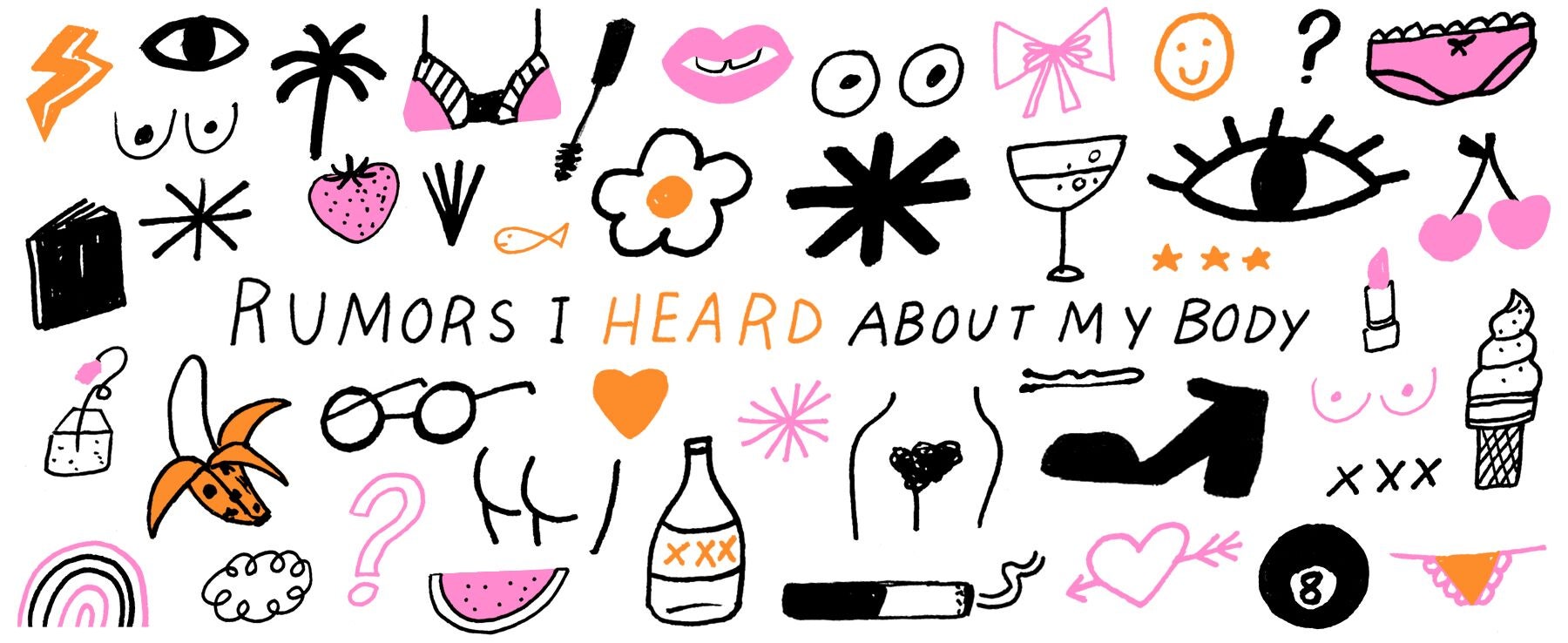*Welcome to Rumors I Heard About My Body, a recurring feature in which we answer questions about women’s health in partnership with (1).*
Q: When does fertility really start to decline?
A: If you’re a person with ovaries, sometimes it can feel like every media outlet is conspiring to tell you: HAVE KIDS NOW BEFORE YOUR EGGS SHRIVEL UP AND DIE! If you do want children, the information out there, both medical and anecdotal, can be confusing and anxiety provoking. Anyone who has kids after 35 is typically categorized as being of ” (2),” a phrase that conjures an image of the crypt keeper at the nursery. At the same time, there are tons of women who get knocked up at 38 the first month they try, and tons of women who start trying at 26 and struggle for years to get pregnant.
So what’s the truth? It’s somewhat idiosyncratic, but broadly speaking, fertility starts declining in your late 20s but doesn’t considerably fall off until your 40s. “In general, most women will conceive in the first year of trying,” says Dr. Raegan McDonald-Mosley, the chief medical officer of Planned Parenthood Federation of America. “85 percent will conceive after 12 months of regular intercourse.” In this context, “regular intercourse” means a few times a week.
There’s not a lot of great data on age and infertility, which is defined as not getting pregnant after regular sex for a year. But (3) estimated that 8 percent of women 19 to 26 years old will struggle with it, compared with 13 to 14 percent of women ages 27 to 34, and 18 percent of women 35 to 39. Dr. McDonald-Mosley (4) (4) from the CDC that are (5): For women 15 to 34, the infertility rate is between 7 and 9 percent; for women ages 35 to 39, it’s 25 percent; and for women 40 to 44, the rate is around 30 percent. It’s worth noting here that male age also plays a part in infertility, but that’s something less frequently discussed.
If you’re under 35 and you’ve been trying for a year, you should get worked up for infertility. “If you’re over 35, you may want to seek treatment after six months,” Dr. McDonald-Mosley says. Another thing to consider about age and fertility: the risk of a (6) is greater with advanced maternal age, though the overall risk of such a defect is still small. There’s also an increased risk of having a preemie.
If you do have trouble getting pregnant, no matter what your age, there are options, depending on your particular issue. A few typical causes of female infertility are damaged fallopian tubes, irregular ovulation, and endometriosis, and these are problems that can sometimes be solved through surgery or medication. Damaged fallopian tubes can come from untreated chlamydia or gonorrhea, so make sure you are regularly tested for those diseases. Smoking, being extremely overweight or underweight, and histories of cancer or heavy drug use may also affect fertility. Only about five percent of infertility is “unexplained.” Outside that five percent with no medical explanation, “Most doctors estimate that one-third of infertility is female, one-third is male, one-third is both partners,” according to Dr. McDonald-Mosley
For most, deciding if and when to have children is a complicated puzzle of money, careers, and relationship status. It doesn’t help to have the boogeyman of your so-called “biological clock” yelling in the background. But knowing that your baby factory doesn’t shut its doors the second you turn 35 can soothe some worry.
*Jessica Grose is Lenny’s editor in chief.*
1) (https://www.plannedparenthood.org/)
2) (https://www.sciencedaily.com/releases/2015/02/150211084031.htm?)
3) (http://www.ncbi.nlm.nih.gov/pubmed/14704244)
4) (http://www.cdc.gov/nchs/nsfg/key_statistics/i.htm#infertility)
5) (http://www.cdc.gov/nchs/data/nhsr/nhsr067.pdf)
6) (http://www.acog.org/~/media/For%20Patients/faq060.pdf)



